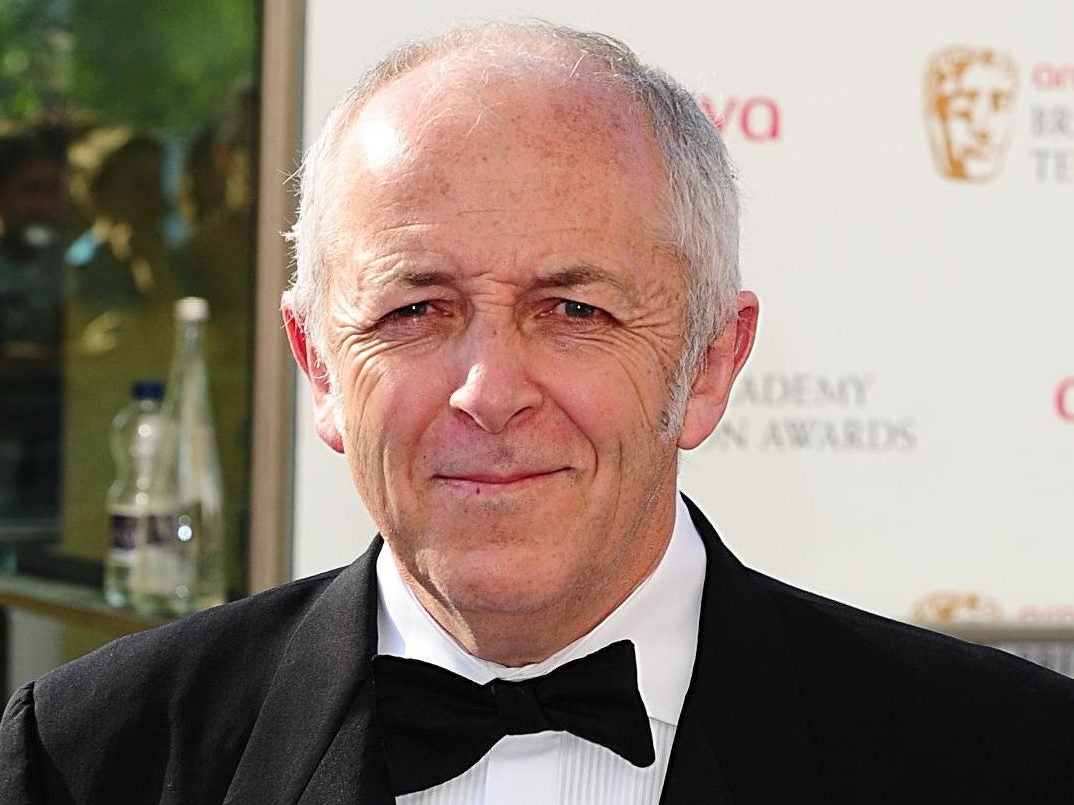
Jeremy Bowen decided to go public with his bowel cancer diagnosis because if it helps others “it’s time well spent”.
The BBC journalist, 59, was diagnosed with the disease in October, despite having none of the “classic” symptoms, after getting pains in his legs and back.
“I had kept quiet about it, except to my nearest and dearest and friends and so on,” he told BBC Breakfast yesterday.
But he said it was Bowel Cancer Awareness Month, and added: “I thought ‘Why not?’
“If me coming on your programme means that a few extra people get tested and as a result get their cancers caught, then it’s time well spent.”
Bowen, who is now a patron of the Bowel Cancer UK charity, said: “I’ve been saying to all my friends ‘get tested’. People I know have been queueing up at their doctor’s to get tested as a result of the diagnosis that I had.”
Last year, Stephen Fry and Bill Turnbull were praised for raising awareness of prostate cancer after talking about their own experiences with the disease.
Presenter Turnbull announced that he had been diagnosed with an advanced form of the disease in March last year, just weeks after Fry revealed he was recovering from prostate cancer surgery.
Their decision to come forward is thought to have led to a surge in people visiting the NHS online advice pages and NHS bosses dubbed it “the Turnbull-Fry effect”.
NHS England said there were 70,000 visits to the NHS website advice page on prostate cancer in March last year, a 250 per cent increase from the monthly average of around 20,000.
In 2009, a report from the NHS Information Centre revealed that Jade Goody’s diagnosis of cervical cancer helped to dramatically reverse the downward trend in women going for screening.
The reality star was diagnosed with cervical cancer in 2008 – which she received while she was on the Indian version of Big Brother.
In the months after Goody died in March 2009, around half a million extra women attended smear tests, known as the “Jade Goody effect”.
But since then, screening rates have been falling and the latest data shows that, as of the end of March last year, the percentage of eligible women screened adequately was just 71.4 per cent.
Picture: Ian West/PA Wire
Email pged@pressgazette.co.uk to point out mistakes, provide story tips or send in a letter for publication on our "Letters Page" blog
